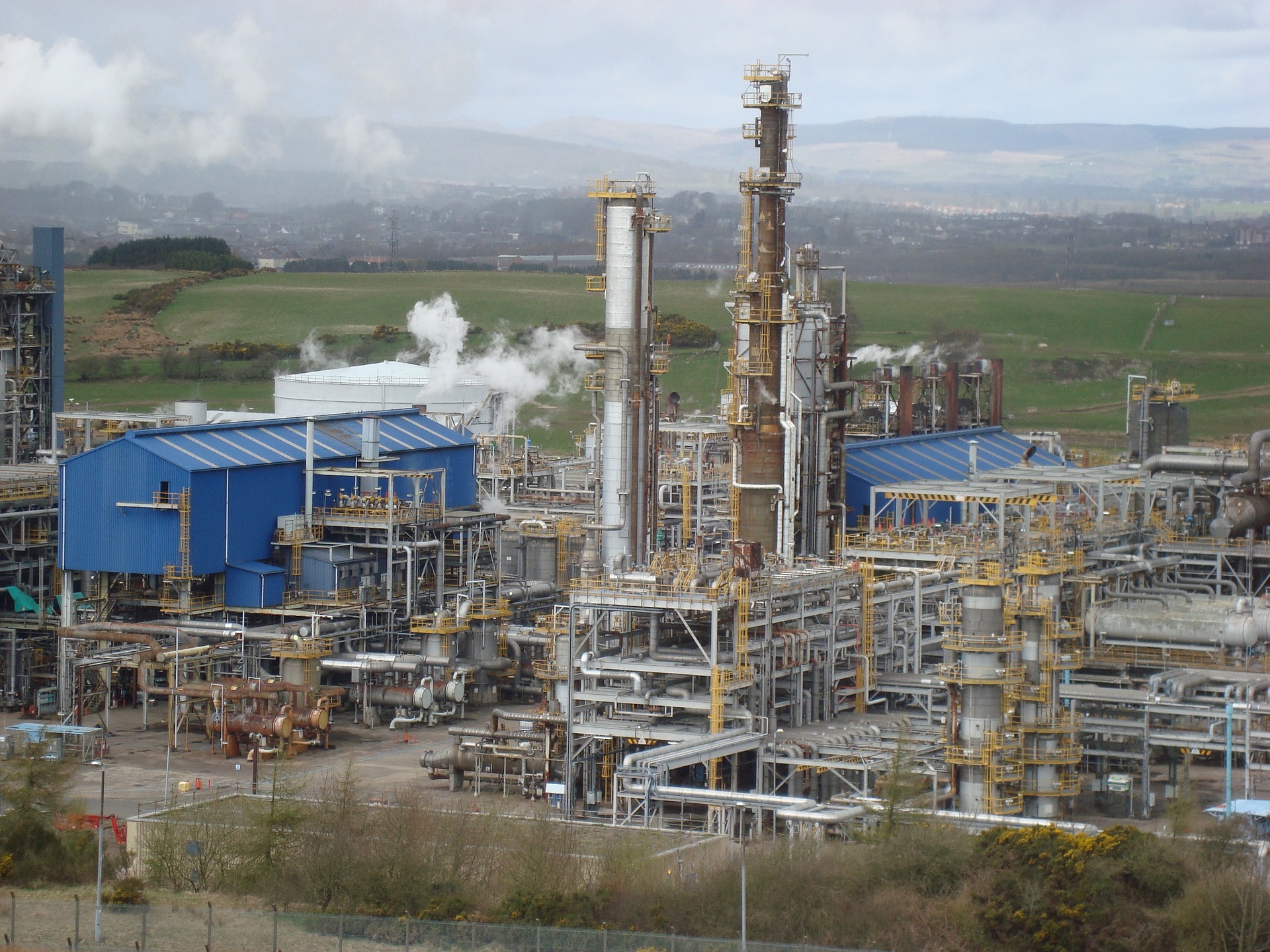A local expert believes the province’s new petrochemical incentive program could be incredibly beneficial to the Grande Prairie area. The province has announced a multi-billion dollar, 10-year program to try to expand on the petrochemical sector in Alberta.
Former president of the Grande Prairie Petroleum Association Rob Petrone says with companies like Nauticol, which plans to build a $2 billion methanol plant nearby, the Grande Prairie region is in great shape to take full advantage of the grants.
“For the most part, the product is produced right in this area, so to be able to take it and not have to rely on huge transportation costs in the country for refining or developing petrochemical products,” Petrone says. “The more we can do locally, the more economical it is, and the better it is for the whole community.”
Petrone adds one of the biggest challenges the industry has faced for several years is the red tape surrounding investment. He explains the timelines companies face, along with what he calls an economic burden just to get something approved, make things uneconomical.
“A lot of capital investment has left the country because we are not competitive when it comes to getting approvals to invest this money,” says Petrone.
In the end, Petrone says diversification to sources of revenue other than traditional oil and gas is a must-have for the province and believes it could also help ease the need for importing natural resources across the country.
“You’re always going to export product… but it just puts Alberta into a lot better position that we can supply our own resources across Canada rather than looking to other countries to have to supply some of it.”
According to data from the province, Alberta’s chemicals sector, comprised predominantly of petrochemicals, was valued at $12.1 billion and employed about 58,400 people directly and indirectly in 2019.



